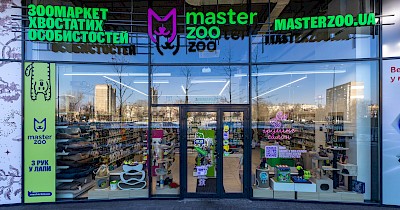
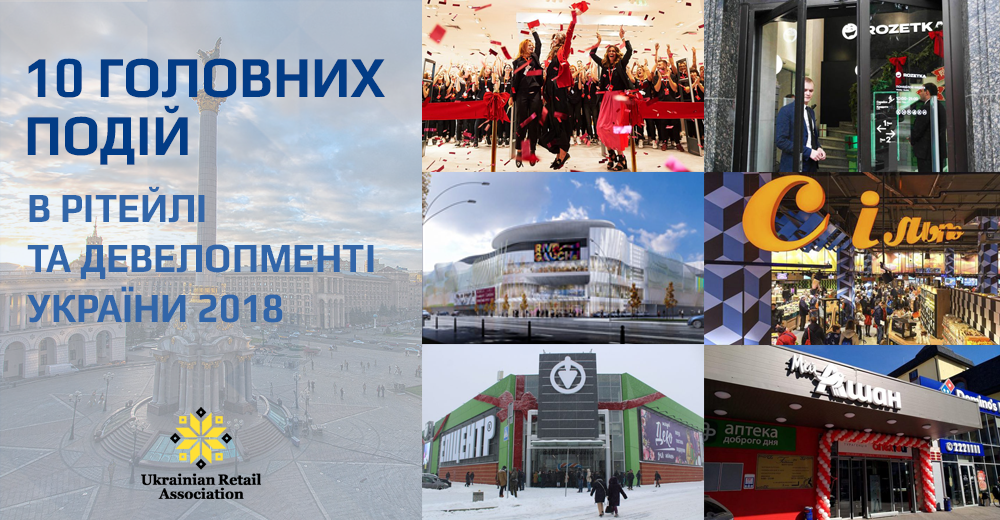
H & M, IKEA, Decathlon, Rive Gauche and others: 10 main events in the retail and development of Ukraine for the 2018th
The Ukrainian Retail Association presents own version of the events that most strongly affected the domestic retail trade and set the trends for 2019.
The outgoing year was quite intense for Ukrainian retailers and retail real estate developers. The long-awaited brands’ emergence, the large-scale shopping and entertainment centers opening, new formats and trade direction development – in a sense, the year has become a breakthrough and set the vector for development at least several years ahead. The Ukrainian Retail Association has decided to recall the most vivid and significant the 2018 ending events.
Entry the Ukrainian market H & M, Koton and DeFacto
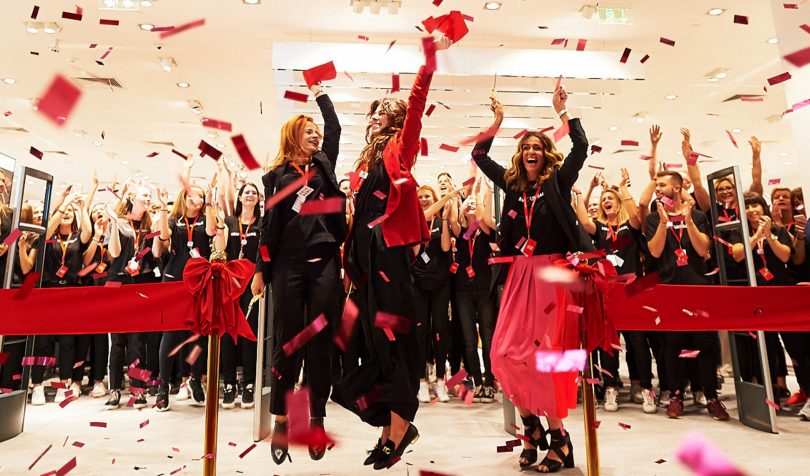
For many years, large retailers have been eyeing Ukraine, but it was not in a hurry to officially enter our market. Of course, it was never a problem to buy clothes and other goods from H & M, Koton and DeFacto in Ukraine – either through the Internet or in various multi-brand stores. But the products’ origin and quality caused reasonable doubts.
This year has become a real breakthrough: just three well-known brands in Europe and the world entered the domestic market. And while H & M has limited itself to Kiev, opening stores in the Lavina Mall and Sky Mall, Turkish manufacturers Koton and DeFacto are already looking at other regions of the country, starting from Odessa.
What else pleases is that all three brands will be represented in Ukraine by parent companies’ representative offices, and not, as often happens, by our compatriots on the partnership or franchising terms. It means that international companies positively estimate the Ukrainian market potential and count on our compatriots’ solvency growth. It would be nice if it was not mistaken!
IKEA and Decathlon announced discovery
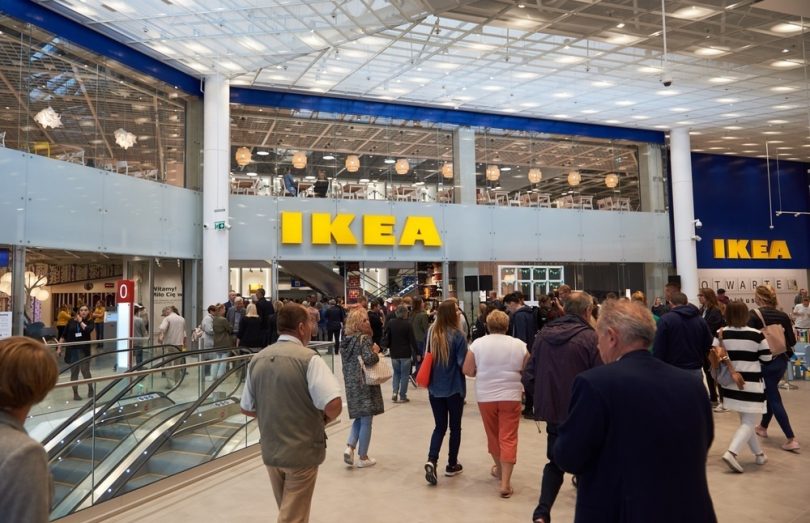
A significant confirmation of the Ukrainian market attractiveness for transnational players is two more long-awaited trademarks officially confirmed opening next year – the Swedish furniture giant IKEA and the sportswear Decathlon French manufacturer.
The saga with the IKEA entry Ukraine lasted for more than 10 years. During this time, the Swedes radically revised own development strategy in our market. If it was at first the building a giant shopping center with a full range, now it’s just city store new format opening in the SEC Ocean Mall. However, the company is actively developing a similar format in other markets – Poland, Austria, etc. – so that it is not worth considering this a disadvantage and “zrada”. Nevertheless, it is obvious that IKEA is wary at this stage to an unpredictable Ukraine.
The French take an integrated approach. In Ukraine, they are developing several directions: the Auchan grocery chain, the construction hypermarkets Leroy Merlin, the development company CEETRUS Ukraine (formerly Immochan Ukraine). And they prefer to open own objects in locations that themselves stand. So, the Decathlon appearance in CEETRUS Retail Petrovka Park was expected to be worth it. Rumor has it that the brand next store will appear in the next trade “park retail” format facility, which the holding plans to build near Odessa.
New shopping centers’ opening
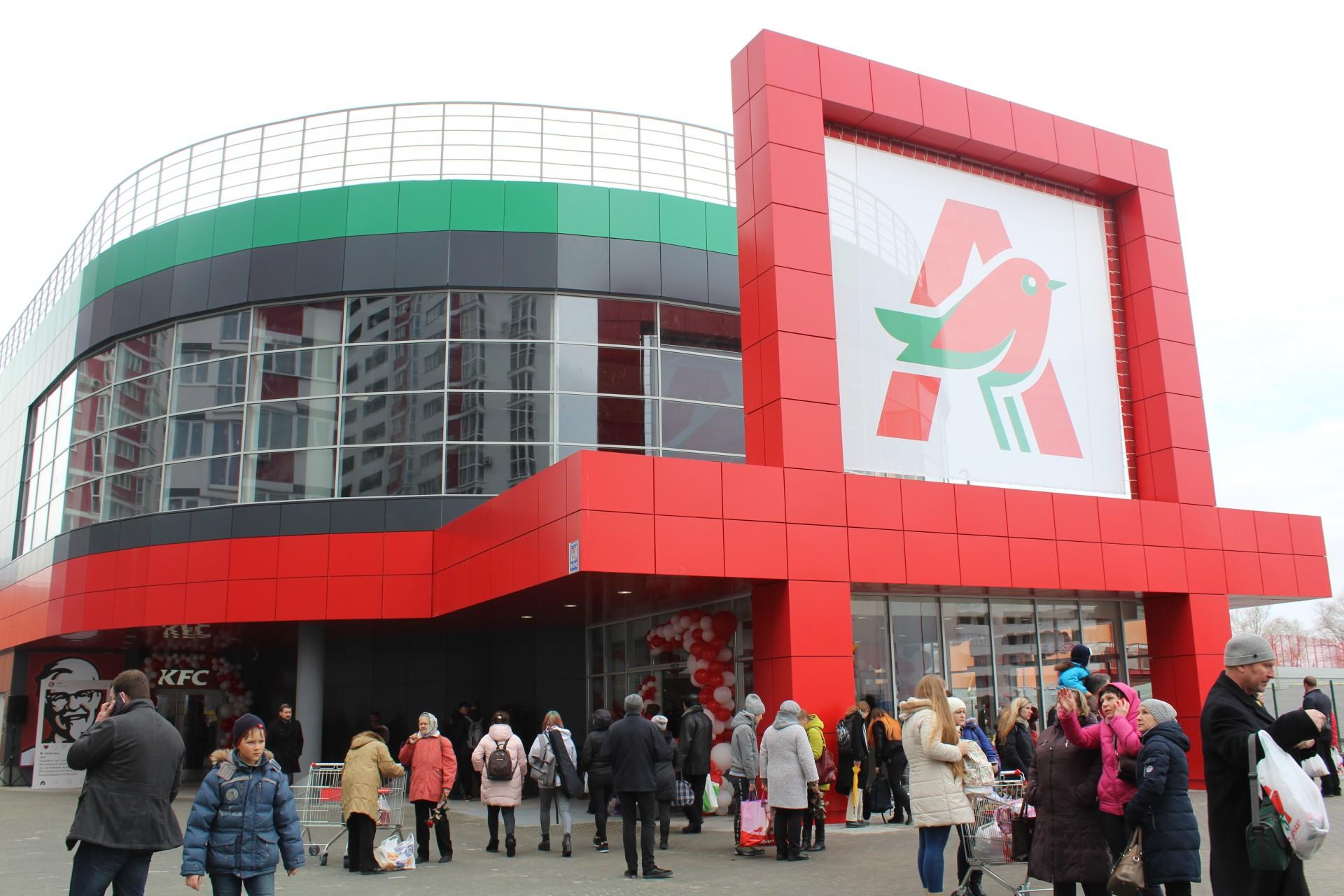
New shopping facilities emergence has also helped revive international operators. If 2017th turned out to be not a very good year – the new shopping centers can be counted by one hand fingers, then the 2018th was again “under the developers’ sign”. For the year, only a number of iconic objects began to work in Kiev.
First of all, it is worth mentioning the SC Rive Gauche first stage (developer – CEETRUS Ukraine), where the largest Auchan hypermarket with 15,000 sq. square is located in Ukraine. The same company opened the first “retail park” object in our country in Kiev on Pochayne, where Decathlon will begin work next spring.
Besides, it is worth mentioning the SEC Smart Plaza KPI, which is unusual for the capital and integrated with the residential complex, the SC Good Life, Europark in Sofia Borschagovka and several smaller projects.
Too, the several objects’ opening that can drastically change the picture in the metropolitan retail property market has been postponed until next year. First of all, it is talking about two SEC, which Vagif Aliyev’s company has built – Blockbuster Mall and Ocean Mall. In the coming years, Aliyev promises to build the megamolls’ chain in the capital – almost in every district.
In addition, a number of shopping and entertainment centers were announced: River Mall, Retroville, Oasis, Smart Plaza Obolon, etc.
The leading grocery chains’ new store formats
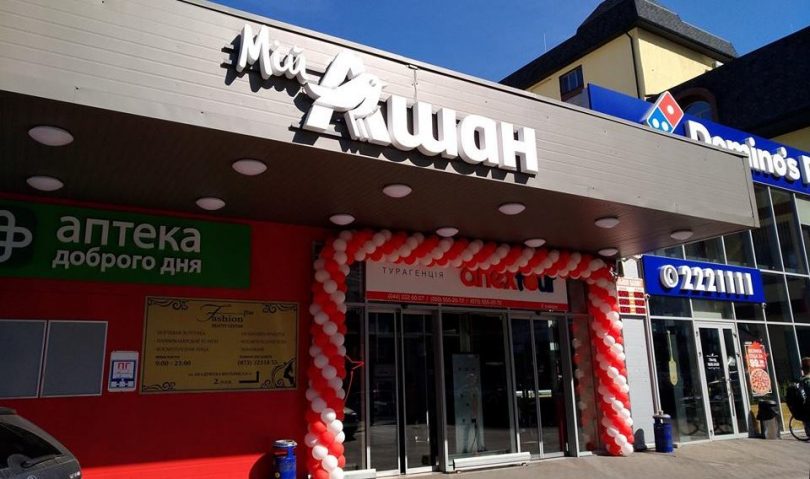
What else will be remembered for 2018th: experiments with the almost all leading FMCG chains’ formats. The Auchan has been mentioned more than once, finally getting rid from the share in the Igor Balenko’s Furchet chain, began to frolic in every way. At first, it opened a supermarket in the Dnepr (by agreement with Balenko, the French could only develop the hypermarket format in Ukraine), and then – just four “convenience stores” under the Miy Aushan brand.
Another international operator – Metro Cash & Carry Ukraine – also announced bold development plans replacing top-management. The company intends to open reduced size stores – from 1,500 to 2,000 sq. under the brand “Beri-Vezi” instead of the new classic wholesale hypermarkets appearance. The retailer’ plans are 20 outlets in this concept.
Do not lag behind and domestic operators. The “convenience stores” success pushed the Ukrainian grocery retail leader – ATB – to experiment with the “Express” format. In September, the first experimental point began operating under the ATB Express brand. If it demonstrates good performance, the concern will continue to develop such a format.
And one of the largest Western Ukrainian FMCG market players – the Pakko holding – began offering businessmen the franchise purchase for the Vopak Express format. Until this year end, the retailer’s plans were to open 10 stores on the franchising principle.
Rozetka goes offline and to regions
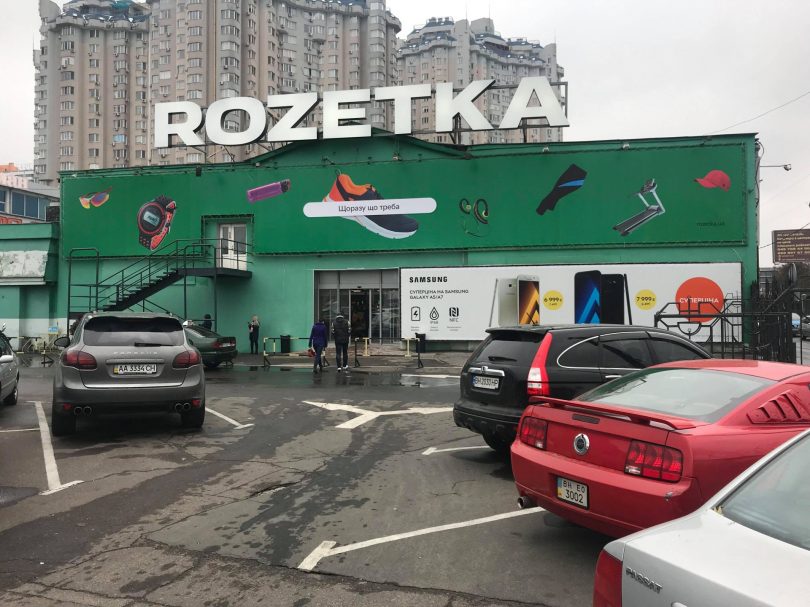
Already in 2017, an unprecedented excitement was caused by the news about the opening by the Ukrainian e-commerce leader the first offline-supermarket with 4000 sq. square in Kiev on Pochayne. This year, Vladislav Chechetkina’s company went much further, opening five “brick stores” at once. And each of it is unique in its own way.
For example, a retail outlet with 1500 sq. square in the capital Post Office is located in the capital heart – on the Maydan Nezalezhnosti. It is difficult to say what financial results it will demonstrate, but this is definitely a very strong move in the image and brand recognition terms. A store on Kyoto Street was the first for an online-retailer which was opened on the Dnepr left bank.
Moreover, Rozetka began the regions conquest by opening three stores in Odessa at once. If it is difficult to find in Kiev a person who is not familiar with the brand, then trademark recognition is much lower in regional centers. The company’s facilities appearance in one of the million-plus cities can drastically change the situation and attract new buyers and sellers to the marketplace.
The first in long time transactions for the commercial real estate purchase
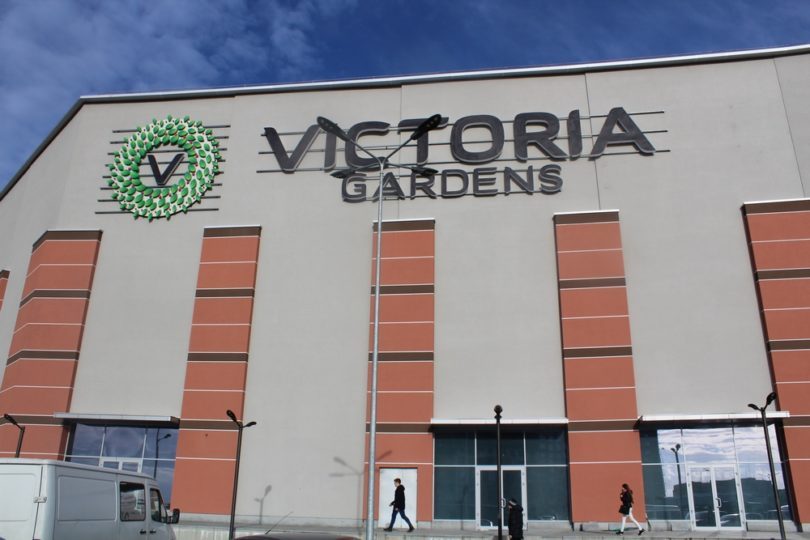
In recent years, an unfavorable situation has developed in Ukraine for investors in commercial real estate. But the 2018th sharply revived the market. And the biggest country investment company, Dragon Capital, has become a troublemaker.
For this year, the Tomash Fiala Fund closed deals on the Lvov’s SEC Victoria Gardens (the largest shopping and entertainment center in Western Ukraine), the Vinnitsa SEC Sky Park purchase, and also confirmed the Aladdin capital center acquisition. The Dragon Capital is perhaps the biggest player in the Ukrainian market real estate. The company’s portfolio already includes the Kiev SEC Pyramid, as well as a share in Arricano Real Estate (metropolitan SEC Prospekt, RayON, SkyMall, Zaporozhe City Mall and Krivoy Rog Solar Gallery).
Taking into account that George Soros and Goldman Sachs are Fund Co-investors, it’s possible say that even mega-experienced financiers are willing to risk and invest money in Ukraine in long-term projects. This once again confirms the Ukrainian market prospects from the point on Western investors view.
“Future Experience” and Delivery from McDonald’s
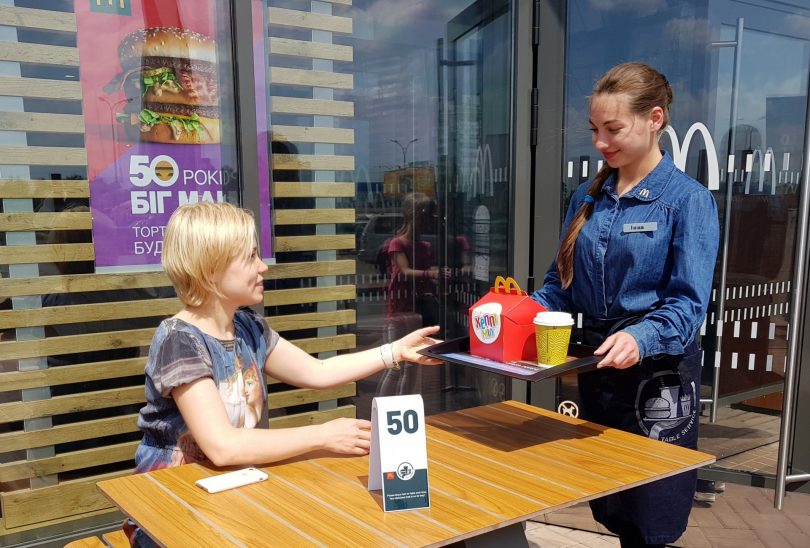
This year, the McDonald’s Ukrainian division surprised by two unexpected experiments. The first one is the new restaurant format introduction codenamed “Future Experience”. The self-service terminals are installed in the updated establishments, where the visitor can order the goods; it offers table-service – the staff will bring the order to the client to the selected place. Also the order and delivery zones are divided, the “hospitality expert” works, and many other often imperceptible but significant ones are implemented little things.
The second is cooperation with the Glovo-service for delivering food directly to offices, apartments or any other specified places. Previously, there was no official delivery from McDonald’s restaurants in Ukraine: such services were provided by individuals without any guarantee from the chain. Now there is an official service, which, however, still works only in some Kiev districts.
We would also mention the first McDonald’s establishment opening in our country with solar panels on the roof. Additional investments in the service, environmental friendliness and restaurants reformatting can also serve as indirect the international companies interest confirmation to Ukraine.
Shopping centers Epicenter K new formats
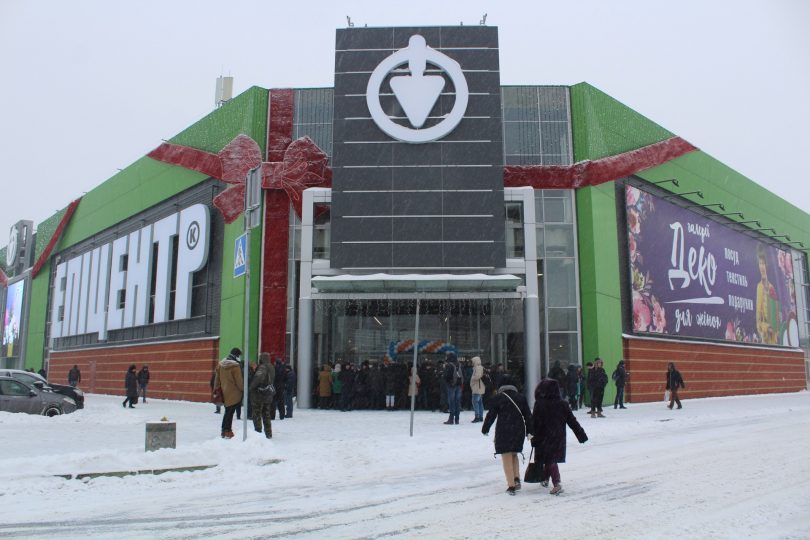
Before the Epicenter was perceived mainly as the construction hypermarkets chain, where you can buy everything you need for construction and repair. Now the Alexander and Galina Gerega’s company is developing in a completely different direction. Now there is original “shop-in-shop shops” whole galaxy in the shopping centers, where you can find garden and city goods, baby products, equipment, sports equipment, fishing and hunting gear, restaurants, and much more. In fact, the entire range is presented, except for the fashion and food segment.
The first such chain object has become the Epicenter in Kiev on Stepan Bandera Avenue, opened in March. Subsequently, several more shopping centers were re-equipped.
Too, Gereghi began the active small cities development, opening the smaller format Epicenter there – for example, the retail-outlet with 3,500 sq. square is working in Shepetovka. And also Gereghi try other directions: the Epicenter with 4350 sq. square began work in Slavuta, Khmelnitsky region with the integrated full-fledged sports complex.
The largest transaction in the Ukrainian e-commerce market
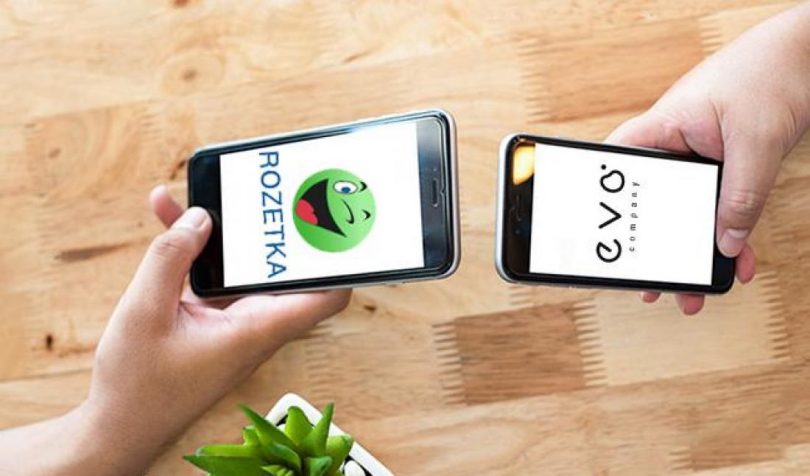
In August 2018, the market was literally shocked by the news that the country’s largest Internet supermarket, Rozetka.ua and EVO-Group, which is developing Ukraine’s leading marketplace, decided to merge assets. The Ukrainian e-commerce sector has not yet met similar to the transaction’s scale.
Rozetka and EVO will be able to use the best practices and databases of each other after the merger that will make it inaccessible, at least for domestic competitors. It will not be easy for international companies in the fight against the conglomerate that controls the most popular trading sites in Ukraine.
Ukrainian e-commerce will never be the same. The prospects for the combined company look more than bright taking into account the Rozetka-offline rapid development.
Ukrainian grocery retail digitalization
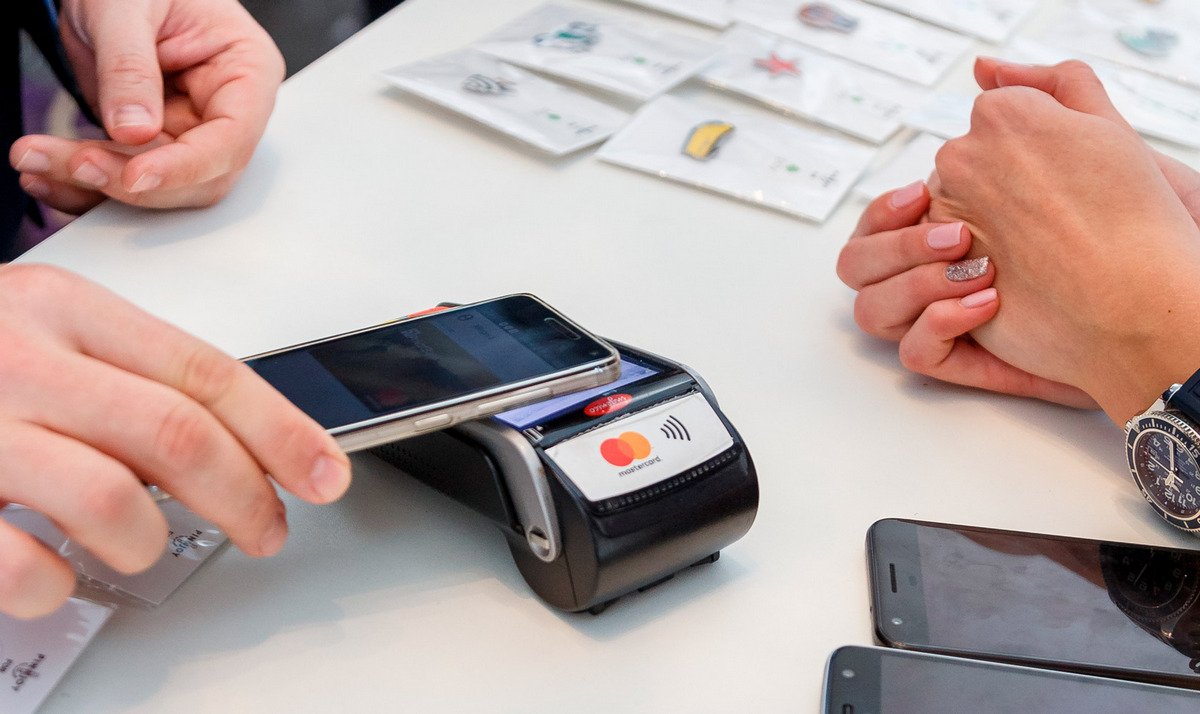
The outgoing year has also become rich in various novations and innovations’ introduction by conservative FMCG retailers. No one is yet surprised when the buyer pays at the supermarket checkout not in cash or with a card, but with the smartphone or “smart watch” help. And if he is too lazy to wait, there are numerous self-service cash registers at his service, which only this year introduced Novus, Our Land, Pakko and other operators.
Also, more and more chains provide online-ordering and home delivery services (usually through the zakaz.ua service); develop its own mobile applications, where you can find out about prices, promotions, updates and much more. Retailers’ plans are to include the augmented and virtual reality technologies introduction, the digital communications with customers’ active development, and much more.
The future is coming, and even grocery stores have to keep up with the times.
Read also

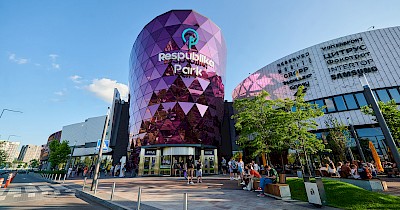
Respublika Park Leads Kyiv Shopping Malls in Tax Payments


